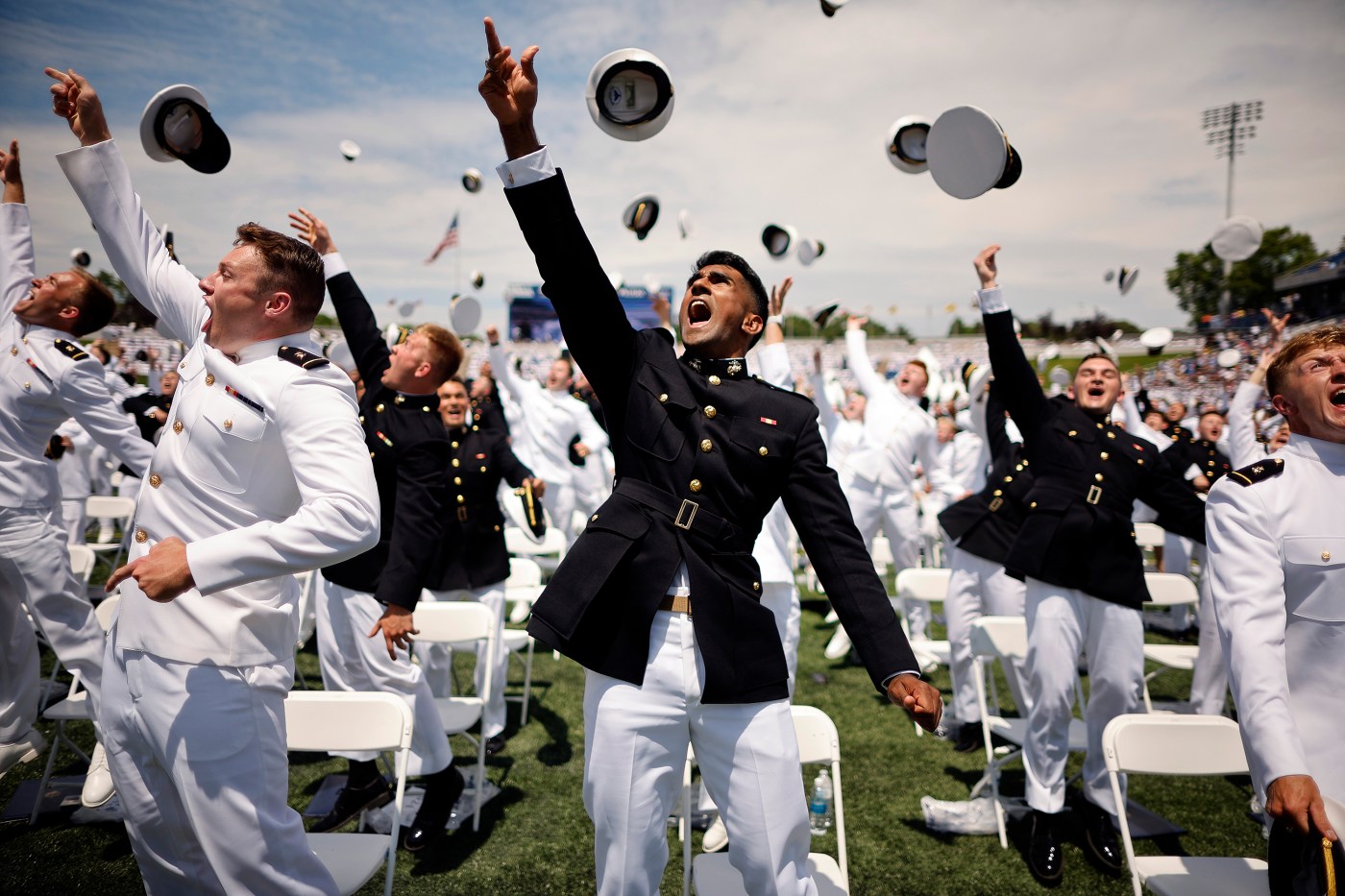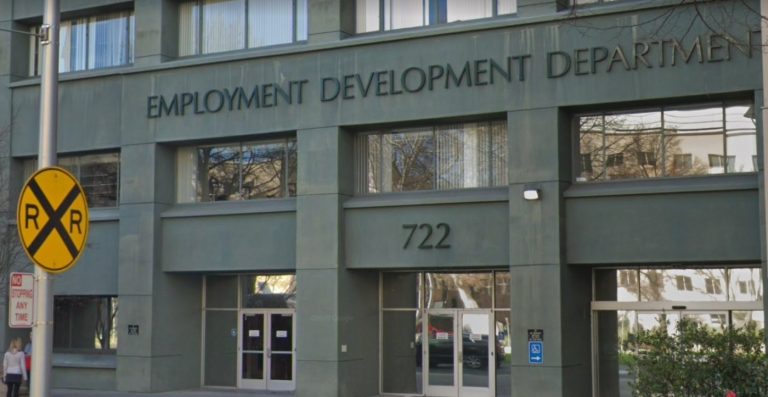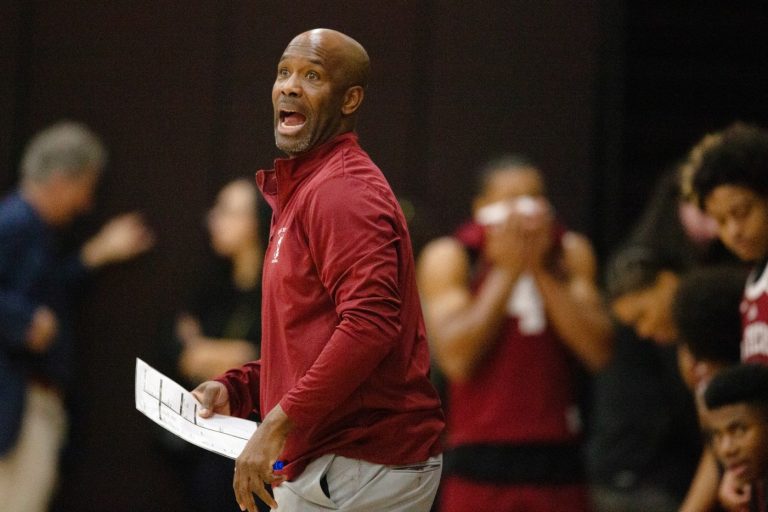In 2023, the U.S. Supreme Court struck down affirmative action in private and public university admissions. Now a federal district court has upheld essentially the same practice as used by the U.S. Naval Academy. Although that might seem inconsistent, it isn’t. The Supreme Court specifically exempted the military academies from its ruling, and the district court, following precedent, deferred to Congress and the president in the context of military personnel decisions.
The court’s decision is legally defensible. The military needs a racially balanced officer corps, and the academies play a crucial role in training officers, especially those who make it to the highest ranks.
Whether the ruling is ultimately upheld by the Supreme Court probably depends on how admissions go at selective private and public universities in the next few years. If the racial balance remains fairly stable after the Supreme Court’s landmark 2023 decision, Students for Fair Admissions v. Harvard, then the justices may well conclude that affirmative action isn’t necessary for the military academies to achieve balance.
If, however, the number of Black and Latino students declines precipitously, it’s conceivable that two or more of the court’s conservatives could join the court’s three liberals for a majority to allow the academies to keep admitting students based on their current practice.
Argument for diversity
The district court’s 178-page opinion goes into great detail about how students are admitted to the Naval Academy. To simplify, congressional nominations play a gatekeeping role; apart from that highly distinctive aspect of the admissions process, much of the rest of the selection of students would be familiar to anyone with knowledge of competitive civilian college admissions as they existed before the Harvard case. The academies consider academics, athletics, other extracurriculars and evidence of character. There is no racial quota or explicit assignment of value to racial diversity. However, race may be one factor in a “holistic” assessment of the applicants. In this regard, there is little daylight between the facts of the Naval Academy case and those of the Harvard case.
Where things start to look very different is in the government’s explanation of why it needs a racially diverse officer corps. The government provided, and the federal court credited and cited, extensive evidence of racial violence in the military in the decades before and during the Vietnam era, including race riots aboard naval vessels. The court noted the history of racial discrimination in the armed services, especially in the Navy. Reviewing this context, the court accepted the government’s argument that a racially diverse officer corps is mission-critical.
The decision could potentially have ended there — and maybe should have. In the Harvard case, the Supreme Court majority didn’t say that no justification was sufficient to permit the use of race in admissions, just that the diversity rationale proffered by the universities was inadequate. The military’s justification is much stronger, and that, in principle, should suffice to uphold the academy’s admissions process.
Yet the district court went further, holding that the political branches of the government are owed substantial deference by the courts when it comes to military decision-making. Think of that part of the holding as suspenders added to the belt of the military’s rationale for its policy. Not only does the government have a strong reason for using race, said the judge, but the court should weigh the government’s logic more strongly because the military is involved.
Case against deference
There is precedent supporting the idea of deference to the military, to be sure. What’s less clear is that the precedent rests on compelling logic. The archetypal case of deferring to the military’s judgment is the notorious Japanese internment case, Korematsu v. United States, which the Supreme Court in 2018 declared was “gravely wrong the day it was decided.”
Subsequent examples of deference to military judgment have been pretty doubtful, if not quite as egregious. In one well-known First Amendment case, Goldman v. Weinberger, the Supreme Court deferred to the military’s personnel judgment in refusing to allow an Air Force psychologist to wear a yarmulke with his uniform. Having insisted in court that this policy was necessary to maintain uniformity, the military subsequently changed the policy. Now, happily, even Sikh turbans are permitted as part of the uniform.
Related Articles
Senate passes defense bill that will raise troop pay and aims to counter China’s power
Tom Cruise gets a top U.S Navy honor for boosting the military with his screen roles
Former California VA employee suspected of killing former boss talked of work difficulties, co-worker says
US agencies should use advanced technology to identify mysterious drones, Schumer says
Military service academies see drop in reported sexual assaults after alarming surge
The upshot is that what the government calls military necessity when it’s in court may not actually be all that necessary. When it comes to the military’s personnel decisions, the courts are perfectly able to weigh the government’s claims against the evidence. The doctrine of deference to the military’s judgment should be scaled back and perhaps even eliminated.
If the Supreme Court ultimately decides to strike down the academy’s admissions policy, it may have to do precisely that, weakening the precedent on deference to the military’s judgment. Since deference to the military is traditionally a conservative doctrine, it would be ironic to see the court’s conservatives giving less weight to the military’s judgment in the affirmative action context.
In any case, that will only happen if Donald Trump doesn’t stop the practice with an executive order, ending the lawsuit. So, for now, the best way to predict what the Supreme Court will ultimately do is to wait and see how the racial balance in admissions proceeds in the civilian context. Then, watch the Trump administration’s Department of Defense. If the case reaches the justices, the court should decide it based on the underlying strength of the government’s argument for racial balance, not deference to the military.
Noah Feldman is a Harvard law professor and Bloomberg opinion columnist. ©2024 Bloomberg. Distributed by Tribune Content Agency.












